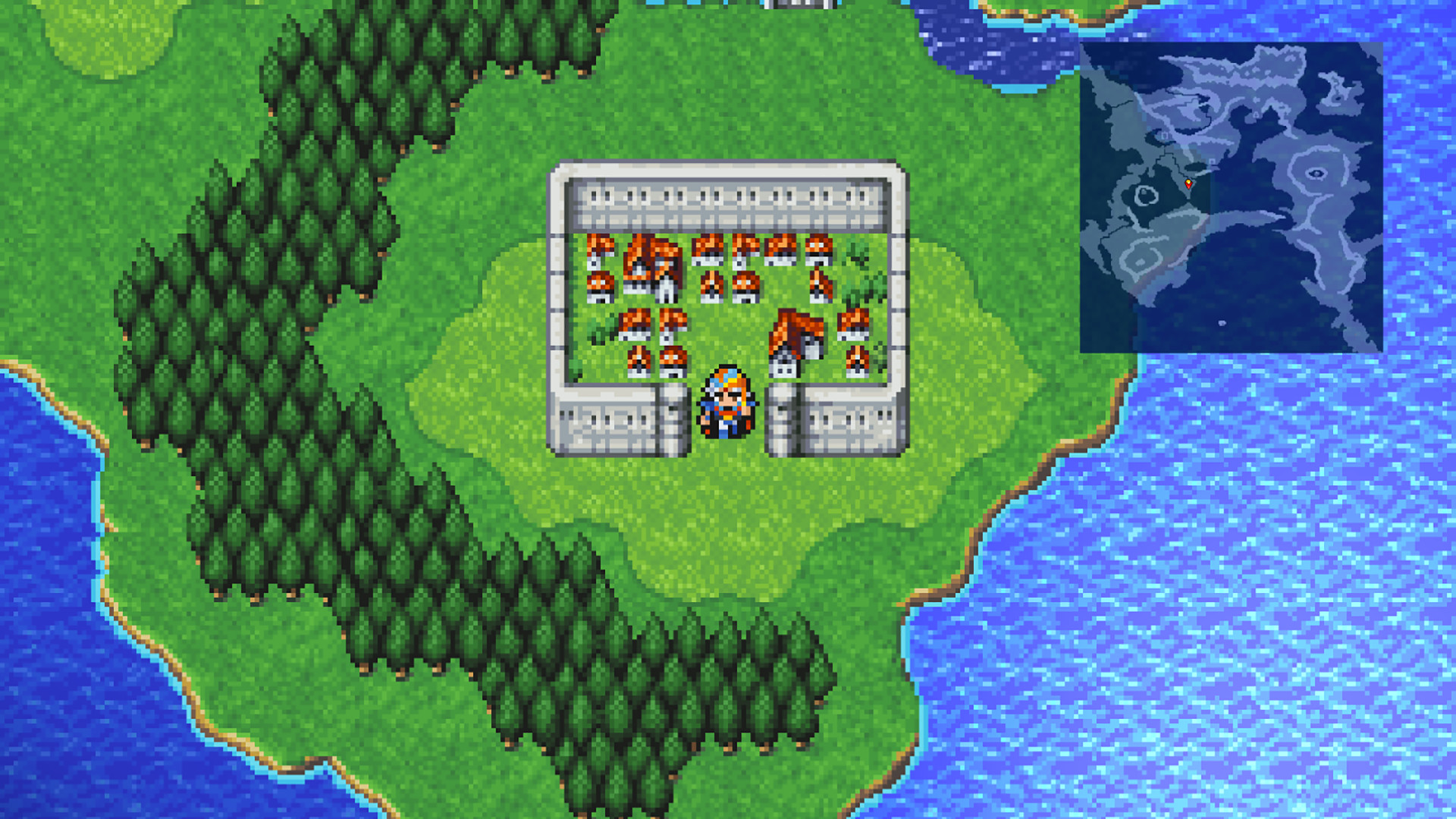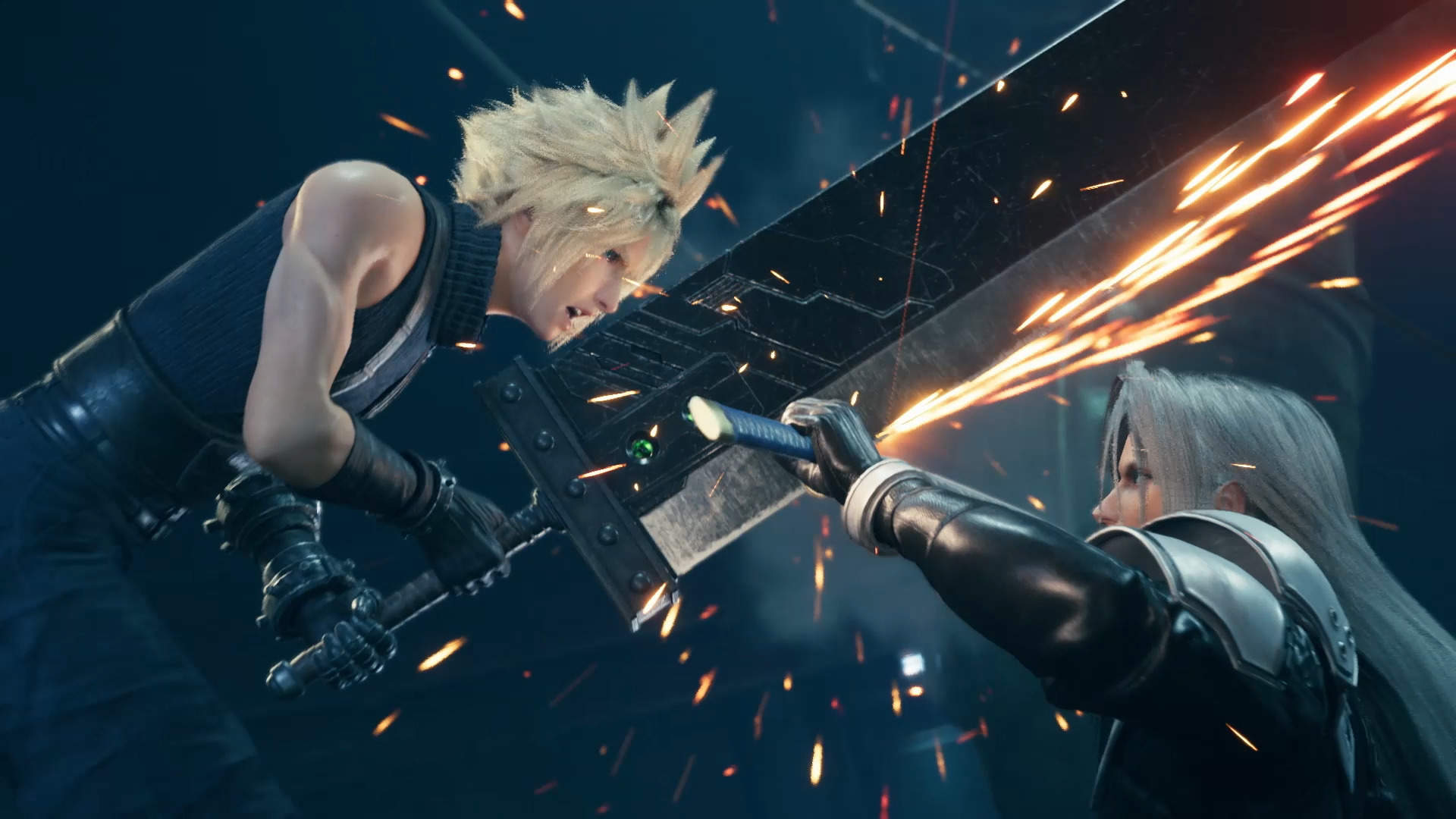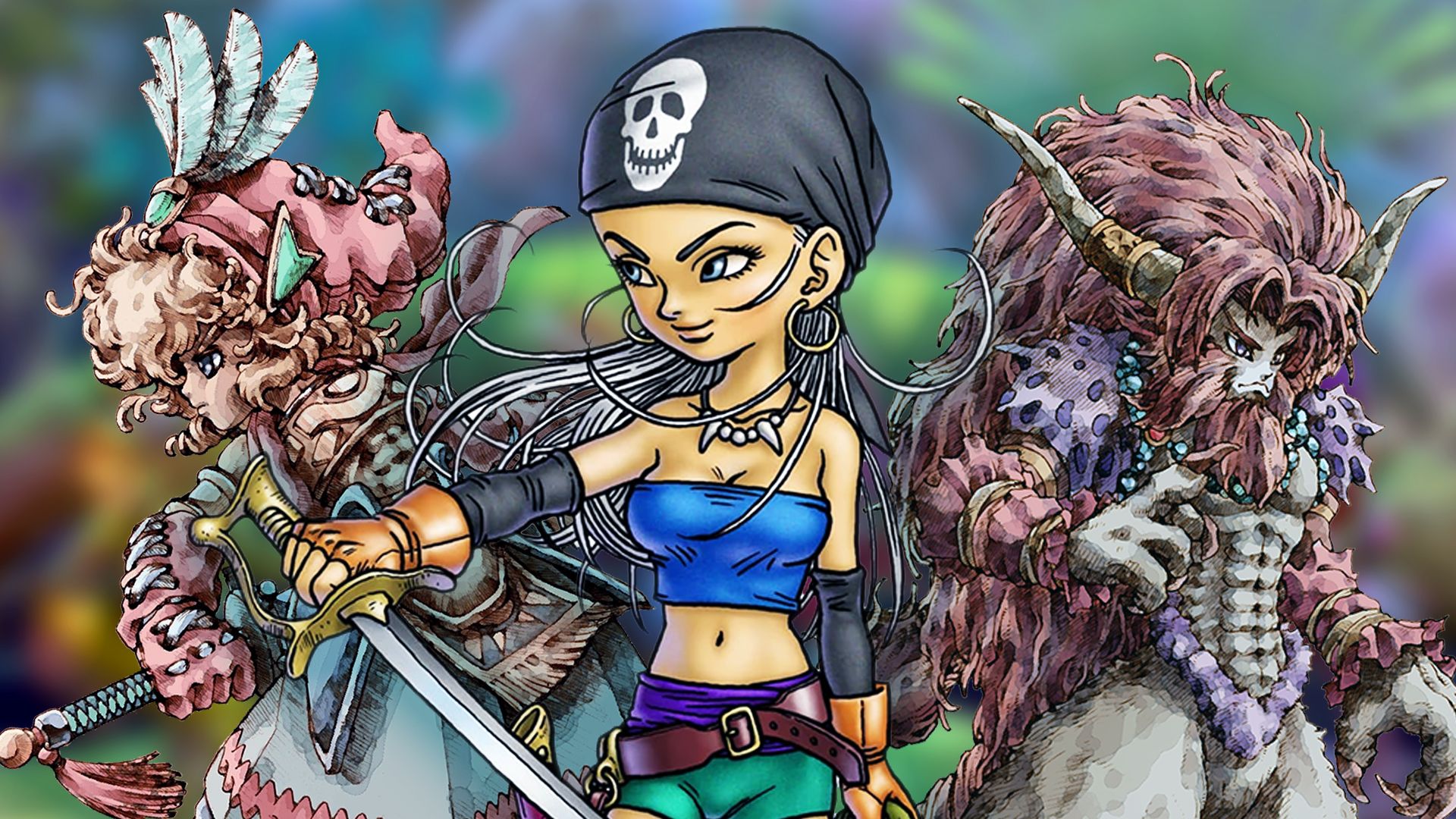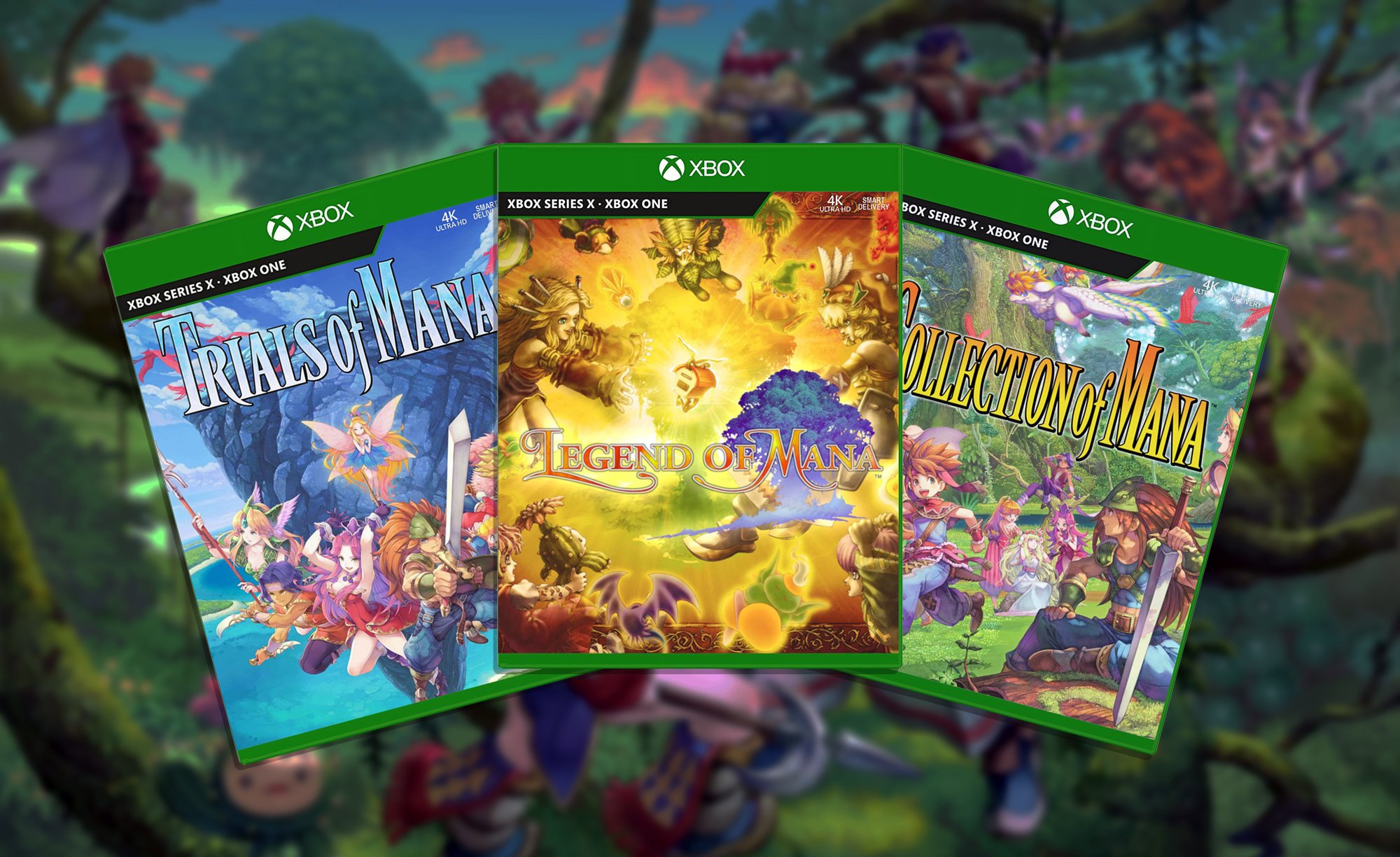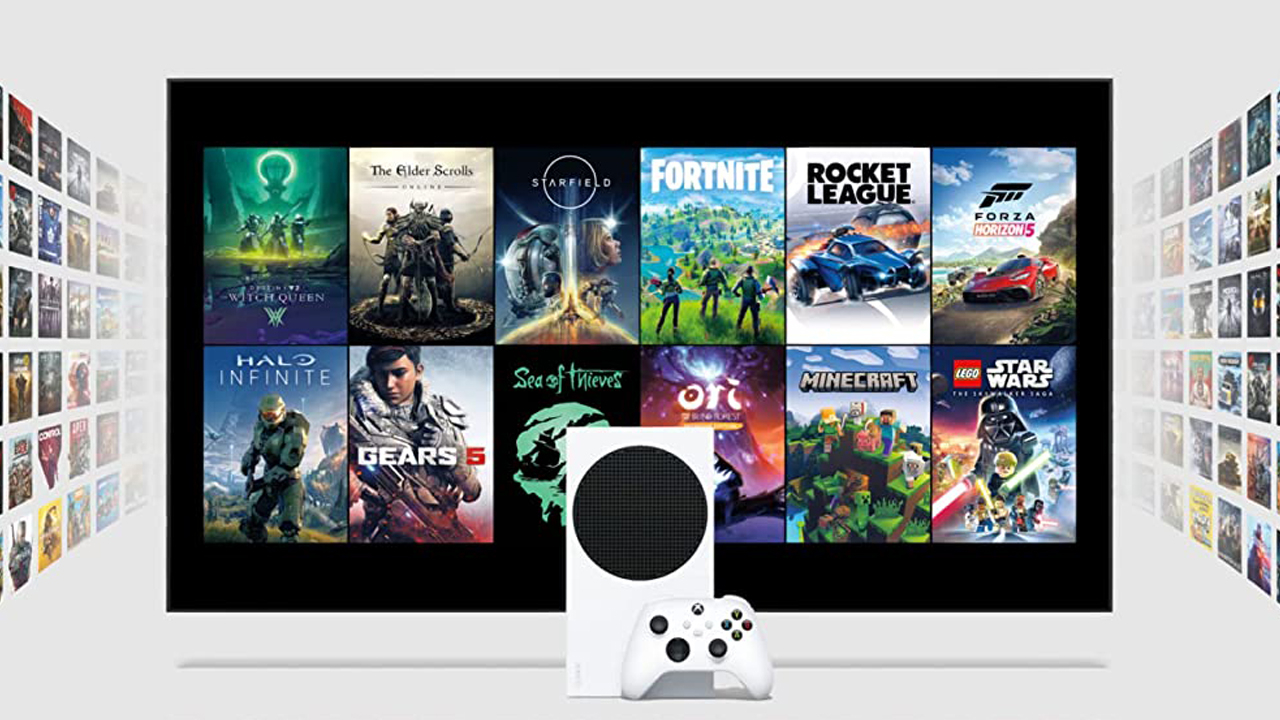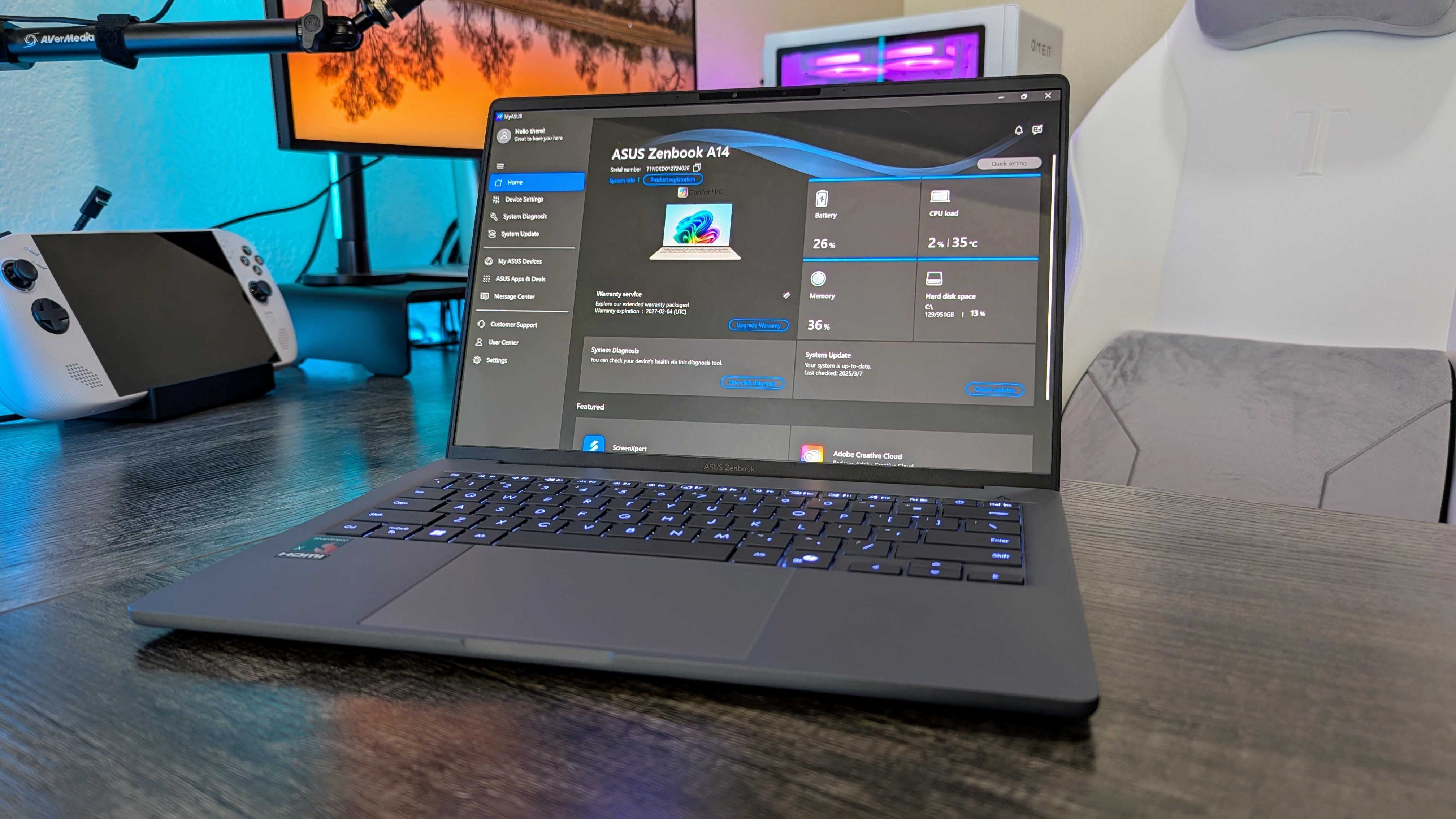Why are major third-party games constantly skipping Xbox?
Xbox has a complicated third-party game problem that will be tough for Microsoft to solve.
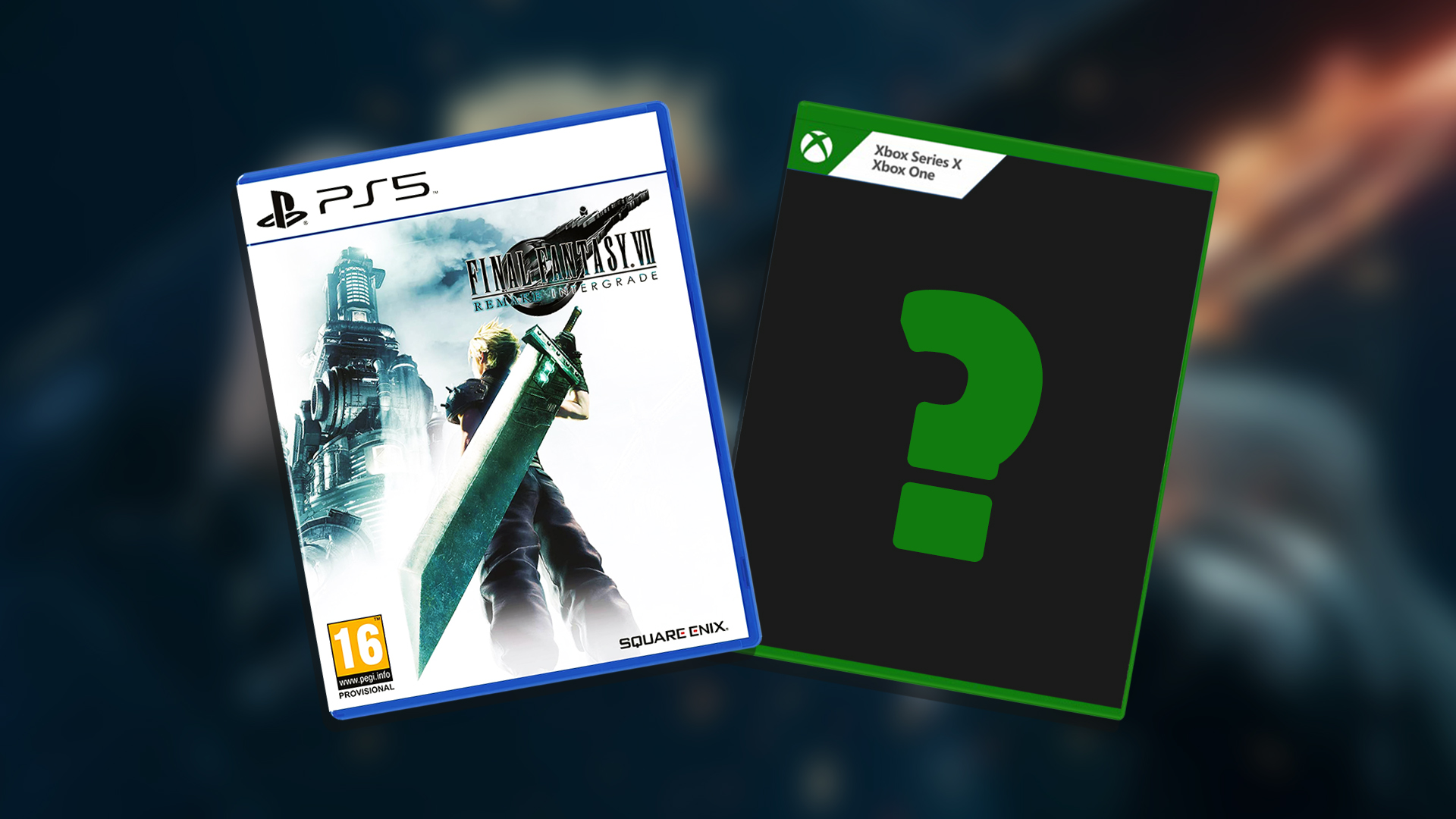
All the latest news, reviews, and guides for Windows and Xbox diehards.
You are now subscribed
Your newsletter sign-up was successful
In the last decade, the video games industry has grown staggeringly. In 2012, video games generated an estimated $63.3 billion in sales worldwide, and current projections predict 2022 will close at a mind-blowing $197.0 billion. With this increased revenue potential comes amplified investments from prominent industry figures. PlayStation, Nintendo, and Xbox want bigger slices of this tremendously lucrative pie.
While these legacy platform holders and passionate fans celebrate the importance of compelling first-party exclusive titles, history demonstrates that many third-party games are the most significant profit drivers year-over-year. Call of Duty, Madden, FIFA, Grand Theft Auto, and other juggernauts frequently dominate the sales charts. When it comes to the undeniable financial workhorses, Microsoft has ensured consistent content. However, there are apparent gaps in the platform's third-party support.
Time and time again, we've seen major publishers skip Xbox. Occasionally this can reasonably be linked to exclusivity deals or limited-timed publishing arrangements. Unfortunately, there are dozens of examples of global video game releases that come to every platform possible except for Xbox. As Microsoft has proven in recent years, platforms can survive and even thrive without universal backing. Still, it's impossible not to wonder why third-party industry partners, especially those from Asia, opt out of delivering Xbox releases.
Why is the Xbox third-party situation relevant?
This isn't my first time discussing the shortcomings of third-party support on Xbox. Previously, I've detailed Team Green's complicated struggles to maintain growth in the Japanese market and highlighted an unfortunately long list of JRPG franchises not currently available on modern Xbox consoles. For enthusiasts feverishly following industry developments, this isn't exactly breaking news. However, recent rumblings have reignited frustrations from the community once again.
Xbox players are worried they'll be neglected yet again.
According to internet sleuths who snapped several screenshots from the ESRB website, Final Fantasy Pixel Remaster has been rated for PS4 and Nintendo Switch. While the ESRB has seemingly pulled these console listings, this development adds credence to the long-running rumors of console ports for this beloved collection of iconic RPGs. PlayStation and Nintendo fans celebrated the idea of playing Final Fantasy 1-6 on their favorite platforms, but Xbox players are worried they'll be neglected yet again.
Currently, console versions of Final Fantasy Pixel Remaster haven't been confirmed by Square Enix, so we can't say definitively whether this rumored release is confidently skipping Xbox. Sadly, disheartened community members don't have monumental optimism, given the inharmonious history of Square Enix titles on Xbox. This console omission probably wouldn't be worth scrutinizing in an isolated instance. However, the genuine lack of faith and enthusiasm vocalized by Xbox fans on social media following these reports was palpable.
Why doesn't the media care?
As tensions climb between Xbox and fans regarding third-party inconsistencies, community members look to investigative journalists for answers. With few concrete stories published on what's incontrovertibly happening behind the scenes, certain critics have suggested that the media doesn't care about uncovering the truth. Like many players, I have a laundry list of questions and concerns surrounding video games I love, outright ignoring the Xbox platform.
All the latest news, reviews, and guides for Windows and Xbox diehards.
I've encountered plenty of passionate industry advocates doing their best to shed some light on the situation.
Throughout 2022, I've reached out to Atlus, Square Enix, Nihon Falcom, Capcom, Xbox, Koei Tecmo, and others for comment on multiplatform releases that aren't available on Xbox consoles. Unsurprisingly, many publishers didn't respond or merely provided a "We have nothing further to share at this time." message. I've also spoken to numerous industry professionals familiar with the business dynamics of ports and platform viability off the record in hopes of obtaining further insights.
I've publicly joked about Legend of Mana, one of my favorite games of all time, overlooking Xbox being the catalyst for my unending quest for third-party clarity. In my search, I've encountered many passionate industry advocates doing their best to shed some light on the situation. Unfortunately, despite my best efforts and active investigations, I still need definitive answers to provide discouraged Xbox players.
Dissecting the misconceptions
Upset by uncertainty and eager for understanding, a segment of the community has replaced theory with reality. From villainizing publishers like Square Enix to making sweeping statements about exclusivity deals, the complex truth of Xbox's third-party shortcomings is muddied further by this conjecture. I want to address the most prevalent assumptions I've noticed gaining traction on social media.
Let's start by dissecting the idea that certain publishers "hate" Xbox or its fans. Obviously, this stems from an oversimplification of the business needs of different development teams and companies. In a capitalist-driven global economy, no rational enterprise would willingly exclude a potential customer base if notable financial gains were to be achieved. So, a publisher essentially ignoring a market or entire platform out of spite feels a little unlikely, given the allure of the mighty dollar.
Developers and publishers have to weigh the financial risks associated with ports.
A frequently used counter to this argument suggests it's cheaper and easier to port games to other platforms than ever. While it's unquestionably more affordable to deliver new versions of previously developed titles, many players grossly underestimate the resources required for such endeavors. Reports indicate that smaller-scale indie ports can take 3-6 months to build and typically start at around $50,000. This timeline and the financial investments dramatically increase regarding complex AAA releases.
And some of you might be thinking, "well, they can just make up those costs with increased sales on the new platform." Theoretically, that is a possible reality. However, developers and publishers have to weigh the financial risks associated with ports. The critically and commercially acclaimed indie darling Shovel Knight infamously performed disappointingly on Xbox. When Yacht Club Games celebrated its 2-million-unit milestone in 2018, a pie chart showed the Xbox version sitting at less than 5% of total sales.
Examples like Shovel Knight often get used to weaponize the "[insert X genre] don't sell on Xbox" rhetoric, which occasionally has tangentially supportive data. JRPGs are often presented as the most damning evidence in Xbox's uphill battle to expand its market share and secure enriched third-party support. Early figures from the launch of the 2022 juggernaut Elden saw PS5/PS4 secure over 50% of total sales, with Xbox at 29%. On the surface, that is an interesting disparity. But when you factor in PlayStation's massively more substantial install base, Xbox performed valiantly.
To respect the wishes of the individuals I've spoken to about the situation, I won't share official quotes or comments. A common theme tendered during my industry outreach was intricacy. The explanations many fans and pundits supply for Xbox's lack of universal third-party support doesn't often represent the delicate nuance of sustainable business relationships. Financial goals, platform expectations, and the unpredictable human element are all likely candidates for this corporate conundrum.
What can Xbox do?
Xbox's relationship with some major third-party partners is complicated and inconsistent. Microsoft is painfully aware of this. Phil Spencer has previously spoken about the company's need to "rebuild trust with Japanese creators" to bolster the appeal of the Xbox ecosystem. Additionally, Sarah Bond has publicly declared Square Enix as a vital partner, despite their output on Xbox being one of the most unreliable of the AAA publishers.
Ultimately, more than anything, Xbox just needs to be consistent.
Despite a relatively rocky past, it's vital to highlight Xbox's reinvigorated efforts to build a better future for third-party developers. We're currently witnessing Xbox deliver on its previous commitments to improve its standing with Japanese creators. From the noteworthy collaboration with legendary director Hideo Kojima to cleverly positioned Xbox Game Pass drops like Persona 5 Royal and Wo Long: Fallen Dynasty, Xbox has clearly been putting in some leg work in this market.
Ultimately, more than anything, Xbox needs to be consistent. Messaging and commitments dwindled during the Xbox One generation, which presented opportunities for Nintendo and PlayStation to establish domineering relationships with major publishers and developers. In turn, audiences grew accustomed to playing certain games and franchises on non-Xbox hardware. So, to successfully course-correct, Xbox must slowly but steadily reestablish itself as a necessary platform for all third-party publishers.
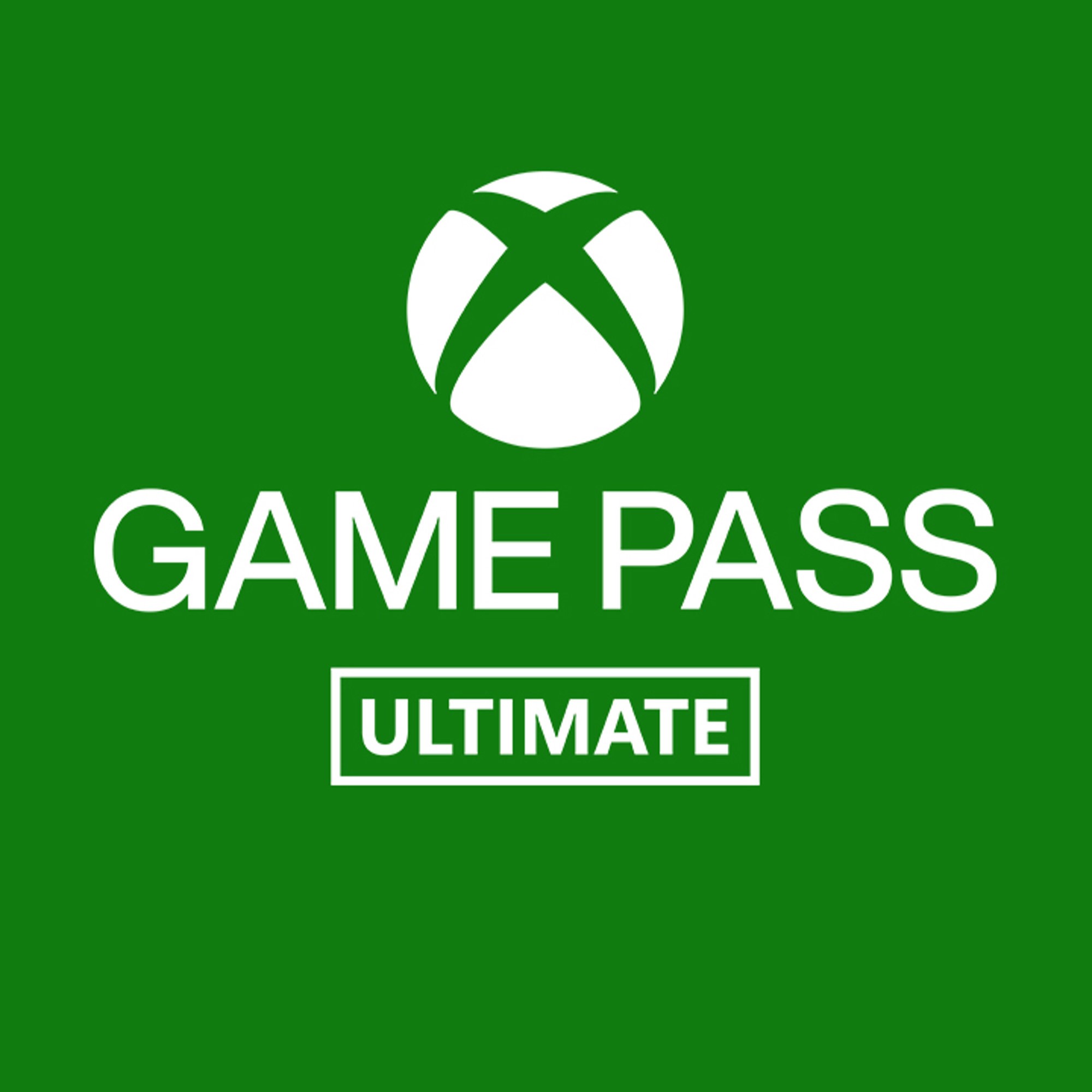
Play incredible JRPGs like Personal 5 Royal and Ni No Kuni with Xbox Game Pass Ultimate. The subscription packs hundreds of games into one low monthly fee.

Miles Dompier is a Former Freelance Video Producer for Windows Central, focusing on video content for Windows Central Gaming. In addition to writing or producing news, reviews, and gaming guides, Miles delivers fun, community-focused videos for the Windows Central Gaming YouTube channel. Miles also hosts Xbox Chaturdays every Saturday, which serves as the Windows Central Gaming weekly podcast.
